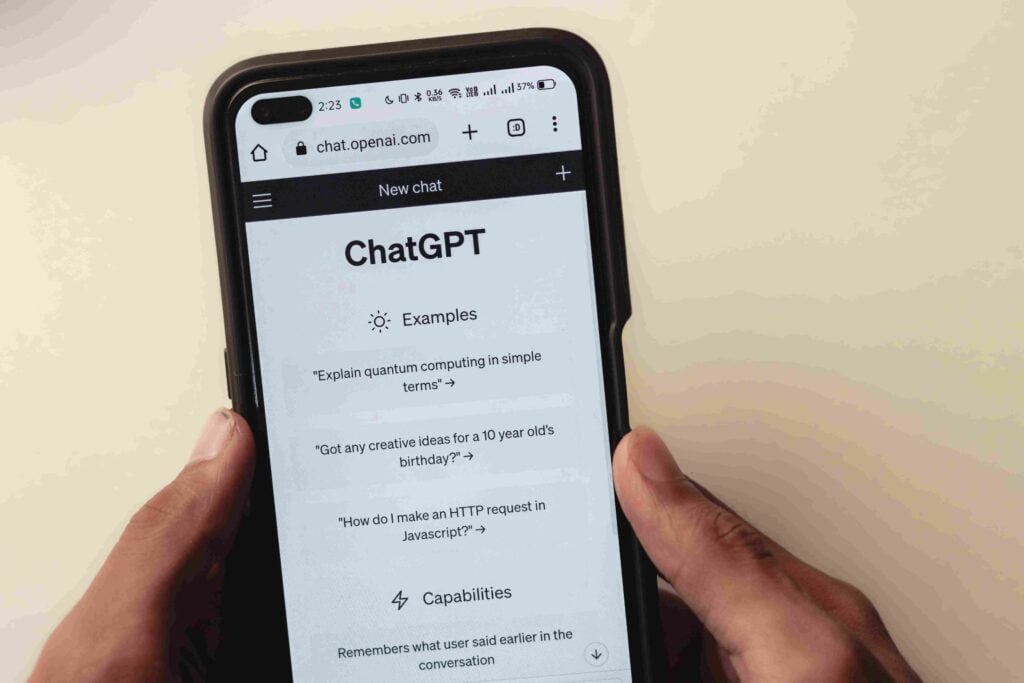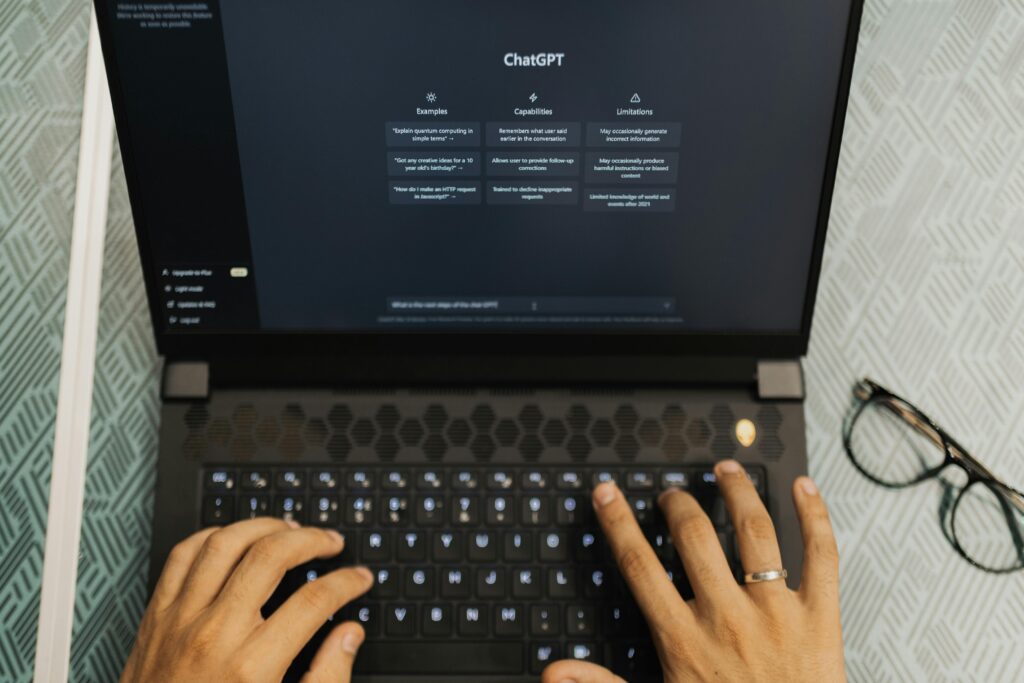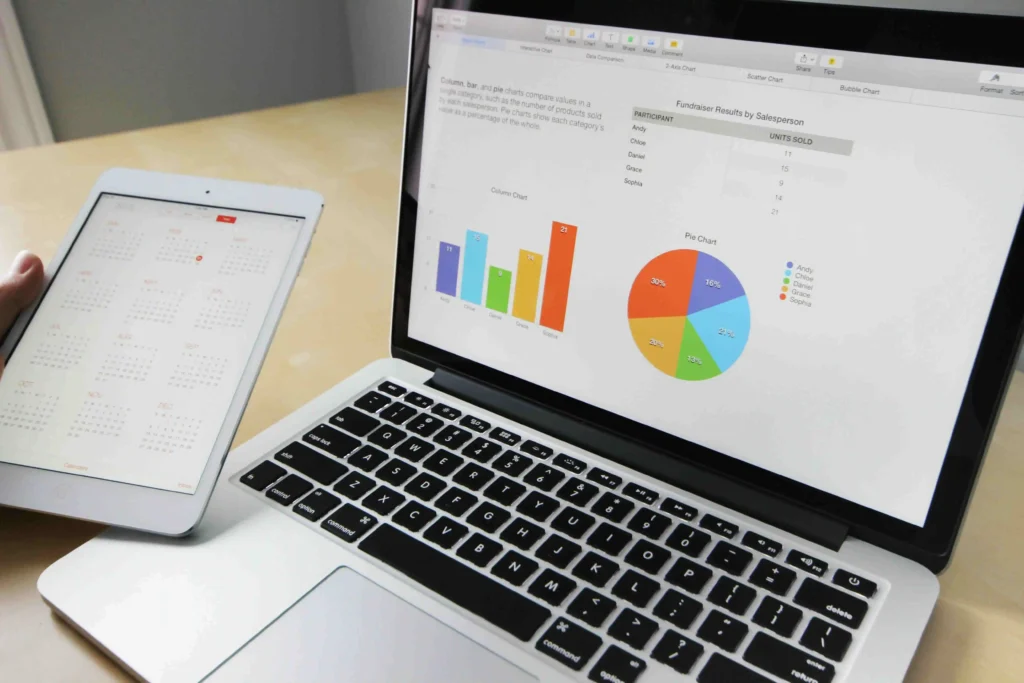Musk vs. OpenAI: Legal Showdown
The simmering tension between Elon Musk and OpenAI, once a collaborative partnership, has erupted into a full-blown legal showdown. This isn’t just a spat between tech titans; it’s a clash that highlights crucial questions about AI development, intellectual property, and the very future of artificial intelligence. This post delves into the complexities of the conflict, exploring the key players, the accusations flying, and the potential implications for the wider AI landscape.
The Genesis of the Conflict: A Broken Partnership
The story begins with a shared vision. Elon Musk, alongside Sam Altman and others, co-founded OpenAI in 2015, positioning it as a non-profit research company dedicated to developing safe and beneficial artificial intelligence. The ambitious goal was to ensure AI benefited humanity, avoiding the dystopian scenarios often portrayed in science fiction. However, the partnership, fueled by ambitious goals and clashing visions, began to fray. Musk’s concerns over OpenAI’s direction, particularly its shift towards for-profit status and its perceived lack of transparency, grew increasingly vocal.

Key disagreements reportedly centered on:
- OpenAI’s transition to a capped-profit company: Musk argued that this compromised the original non-profit mission and opened the door to potential conflicts of interest.
- Concerns over OpenAI’s safety protocols and ethical considerations: Musk publicly voiced anxieties about the potential risks of unchecked AI development.
- Intellectual property rights and access to data: Allegations of proprietary information disputes have emerged, further complicating the situation.
These differences, initially expressed through public statements and tweets, have now escalated into a formal legal battle, raising the stakes considerably. The exact nature of the legal claims is still unfolding, but the conflict points towards a much larger debate about the governance and responsibility of powerful AI technologies.
The Legal Battle: What’s at Stake?
While specifics remain shrouded in legal confidentiality, the lawsuit (or lawsuits, depending on how the situation evolves) is likely to involve complex issues of:
- Breach of contract: Claims of broken agreements regarding OpenAI’s governance, intellectual property, or funding commitments are highly probable.
- Misrepresentation: Musk may argue that OpenAI misrepresented its intentions or capabilities during their partnership.
- Violation of fiduciary duties: This could involve claims that OpenAI’s actions violated its responsibilities to its original founders or shareholders.
The outcome of the legal proceedings could significantly impact the future of OpenAI. A favorable ruling for Musk could lead to significant changes in the company’s structure, governance, or research priorities. Conversely, a victory for OpenAI might solidify its current trajectory and reinforce its independence from Musk’s influence.
Beyond the Lawsuit: A Broader Conversation on AI
The Musk vs. OpenAI conflict serves as a cautionary tale, highlighting the inherent challenges of managing rapidly evolving AI technologies. The clash is not merely a personal dispute but a microcosm of the broader debate surrounding AI ethics, safety, and governance. It forces a conversation about:
- The balance between innovation and safety: How can we ensure that the relentless pursuit of AI advancement doesn’t compromise ethical considerations and potential risks?
- Transparency and accountability in AI development: Should AI development be more transparent, allowing for greater public scrutiny and oversight?
- The role of government regulation in the AI industry: Do we need stronger regulatory frameworks to guide AI development and prevent potential harms?

The legal battle between Elon Musk and OpenAI is far from over. Its outcome will undoubtedly shape the future of the AI industry, influencing the approaches taken by other organizations and sparking further conversations about responsible AI development. This isn’t just about two powerful individuals; it’s about the future of a technology that will inevitably reshape our world.
Conclusion
The Musk vs. OpenAI legal battle represents a pivotal moment in the history of artificial intelligence. It highlights the inherent tensions between ambitious innovation and ethical concerns, emphasizing the urgent need for thoughtful discussion and proactive measures to ensure the responsible development and deployment of AI technologies. The unfolding legal proceedings will undoubtedly serve as a case study for years to come, influencing how we approach AI governance and the delicate balance between technological progress and societal well-being.




